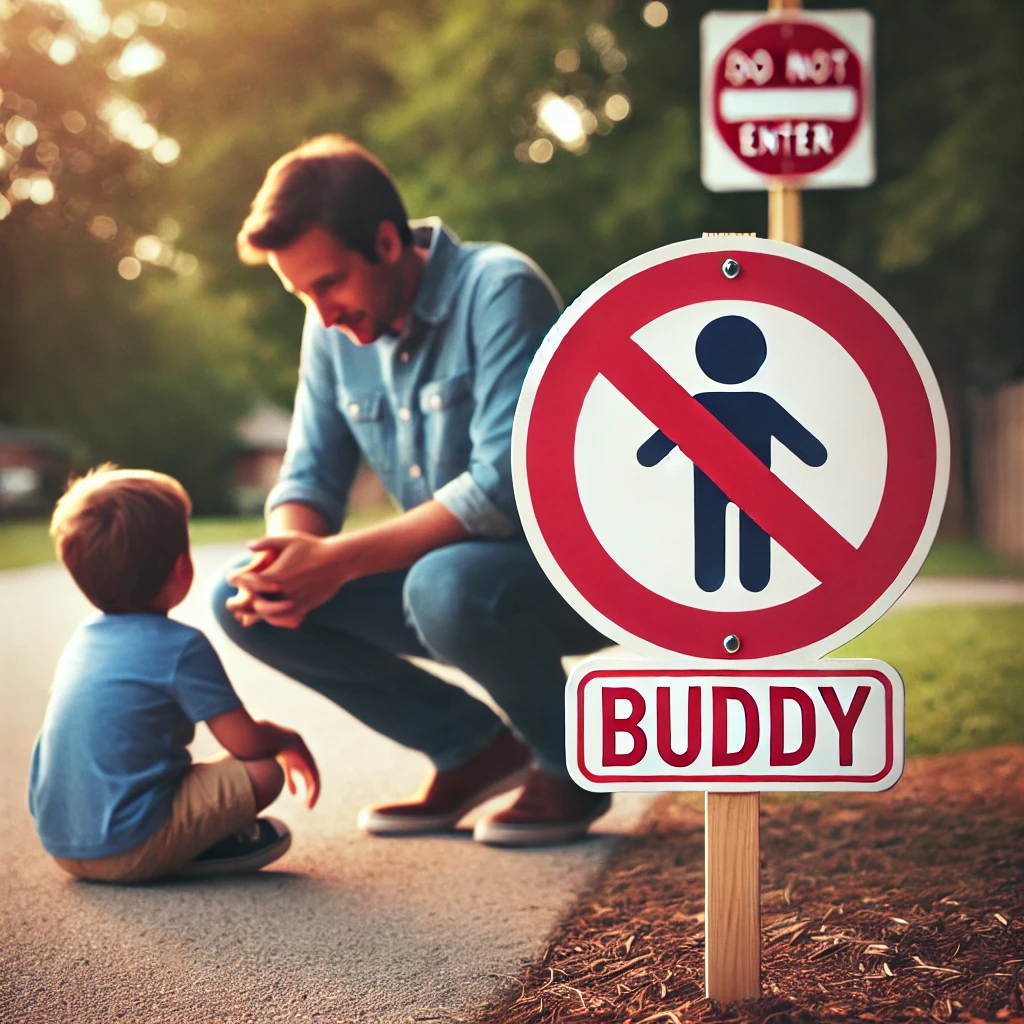
Why “Buddy” Isn’t Enough: The Quiet Cost of Confusing Friendship with Fatherhood

It’s common today to hear fathers call their sons “buddy.” The word is everywhere—on playgrounds, in coffee shops, in the aisle of the grocery store. It’s casual, friendly, affectionate. And yet, when a father consistently refers to his own child as “buddy,” it often signals something more than just a nickname. It can be a subtle clue that the parent-child relationship is compromised—distorted by a well-meaning but misplaced desire to be liked rather than to lead.
This isn’t about shaming fathers who want to connect with their children. Wanting closeness is good. It’s right. But sometimes, the need for closeness causes fathers to step back from something their children need even more than friendship: authority.
Children don’t need another buddy. They need a father. They need a relationship that feels safe and secure—not just emotionally, but structurally. They need firm, fair, and clear boundaries. They need to know that someone is willing to lead them, to correct them, and to keep them grounded even when it’s uncomfortable.
Fathers who lean heavily into the role of friend may shy away from setting limits or following through on consequences. Instead of giving direction, they offer suggestions. Instead of establishing structure, they hope for cooperation. And when a child inevitably pushes boundaries—as all children do—these fathers often hesitate to respond with firmness, worried it might damage the connection they so deeply desire.
But here’s the truth: the closest bond between a father and son doesn’t come from avoiding conflict—it comes from walking through it together. It comes when a child knows that even in the midst of correction or discipline, his father is still there. Still loving. Still consistent. That kind of steadiness builds trust. And trust builds closeness.
Fatherhood is a unique and sacred role. It is different from friendship. Where friendship may offer companionship, fatherhood offers protection. Where friendship affirms, fatherhood shapes. And where friendship may hesitate to say the hard thing, fatherhood must be willing to.
That doesn’t mean there’s no room for playfulness, jokes, or affection. A healthy father-son relationship includes all of that. But it also includes boundaries, consequences, and the kind of loving correction that says, “I care too much about you to let this slide.”
The most lasting, deeply rooted father-son relationships aren’t built on avoiding discomfort. They’re built on consistency. They’re built on fathers who are willing to stay steady through their child’s missteps and mistakes. Fathers who are willing to endure moments of tension, knowing that love—real, enduring, tested love—will saturate the whole story in the end.
It’s not wrong to want your son to feel close to you. But if you truly want that closeness to last, start by giving him what no buddy can: a father.
